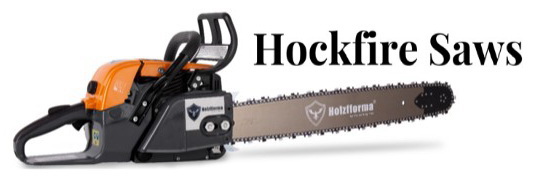Funny you mention the rust deal. I just recently concluded two rust tests. One was a year long with 6 different oils, full synthetic, blends and a full mineral. I smeared each on clean bare steel and let set uncovered in my uninsulated, unheated, garage where the floor sweats in summer from the humidity and we often are below zero in winter. Guys in the oil PM were there for this. None caused / allowed any rust to form. Fuel was not involved.
Next, also recently completed was a test on Dominator. I ran two string trimmers on 40:1 mix. One was VP 94 the other E-free pump 90 octane. They were put away in the same garage last fall at the end of the season and taken back out a few weeks ago. Normal homeowner type storage. Not ran all winter. One trimmer was hung so oil would drain away from the internals to the crankcase cover, the other stored engine up so oil stayed on the internals. No rust on either or any other corrosion and the one hanging still had red oil on all the internals despite being hung up. But wait.... there's more.
I have a crankshaft that I slathered in Dominator and placed it in a Ziploc open just enough to allow air in / out. Also the same garage. That will be a year in 9 more days. Still shiny. Why the special Dominator tests? Because Dominator causes rust don't ya know. Says so on the bottle. Lol. It why you can't run it in outboards "they" say. Outboards and rust are not the reason Amsoil has the disclaimer. Its about using a non TCW3 oil in an outboard. Dominator does say NOT to use with fuels containing alcohol. I'm sure alcohol / oxygenated fuels are the reason for most engine corrosion no matter the oil.
The last test currently happening may be of most interest to you. This came about from a discussion in my oil PM similar to your statement about mineral oils protect better from rust. I've never had rust / corrosion with any oil I've used, mineral, blend or full synthetic, so I have zero input other than my own experience and the above outlined experiments. My equipment also never sets a year unran. I'll fog it if that would be the case. Anyway, that's where this last test comes in. I took 12 mason jars and six oils. Two each of full synthetic, blend and mineral. I mixed each oil with E-free pump and 87 10% ethanol pump fuel. So each oil mix is in jars, one with ethanol, one without. In each jar is a piece of bare steel, magnesium and aluminum. These jars are capped with a small vent hole. This test will go till complete evaporation has occurred. I look forward to the results.
In a nut shell, for me, in my area, I have zero concerns about engine internals rusting. Someone in the deep south might have different issues.
View attachment 294066









